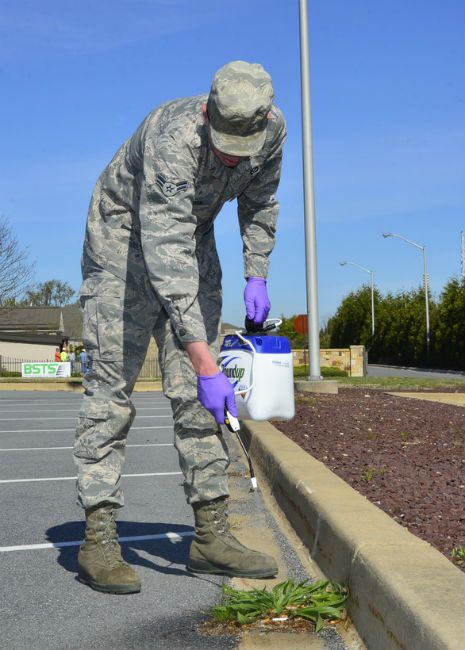Researchers from the University of Washington have published a disturbing new study of the world's most popular weed killing chemical, glyphosate.
The chemical is included in a number of popular retail products, including Monsanto's Roundup. But the study published in Mutation Research found that exposure to the chemical significantly increases a person's risk of developing cancer.
Specifically, glyphosate exposure increases the risk of developing the immune system cancer non-Hodgkin lymphoma (NHL) by a staggering 41%.

"All of the meta-analyses conducted to date, including our own, consistently report the same key finding: exposure to GBHs (glyphosate-based herbicides) are associated with an increased risk of [non-Hodgkin lymphoma]," the study's authors wrote.
The study of both animals and 54,000 licensed pesticide applicators is not the first to be published about the health risks of glyphosate, but instead the latest news in a long-running debate about the chemical's safety.
The University of Washington's researchers called their findings "the most up-to-date analysis of glyphosate and its link with non-Hodgkin lymphoma."

In 2017, America's Environmental Protection Agency (EPA) wrote that glyphosate "is not likely to be carcinogenic to humans." The European Food Safety Authority and Bayer, Monsanto's parent company, agree.
But the World Health Organization's International Agency for Research on Cancer says glyphosate is "probably carcinogenic to humans."
More than 9,000 lawsuits are already targeting Monsanto and Bayer over claims that using Roundup gave its customers cancer.

Dewayne Johnson, a groundskeeper who was diagnosed with non-Hodgkin lymphoma in 2014 and blamed Roundup for the condition, was awarded $289 million in damages by a jury last year. (His award shrank to $78 million after Monsanto appealed.)
Bayer called the new study "statistical manipulation" with "serious methodological flaws."
Even the researchers admit the number of studies on glyphosate are so small it can be difficult to draw significant conclusions. But they insist there's a "compelling link" between glyphosate and cancer.
The new study could also undercut Monsanto's defense in future trials, because several of its authors were on the EPA's glyphosate advisory panel, and Mutation Research's editor in chief is a scientist with the EPA.
An EPA spokesperson told The Guardian they were reviewing the new study.
[H/T: CNN]

